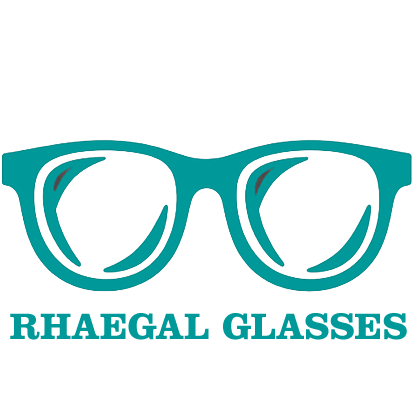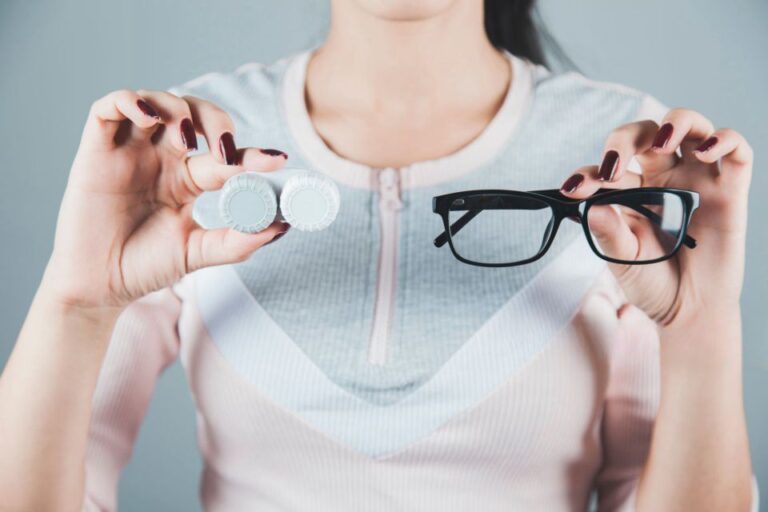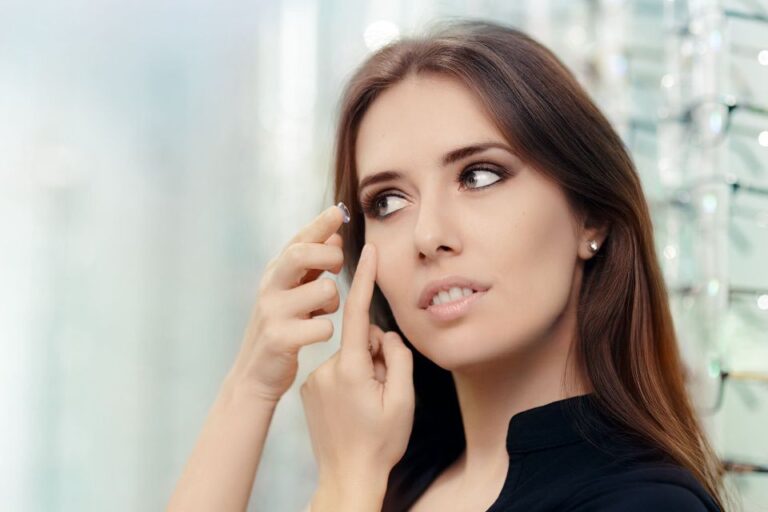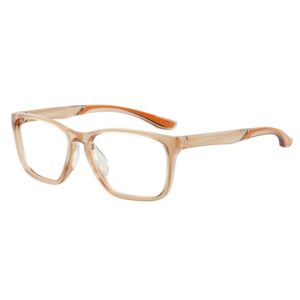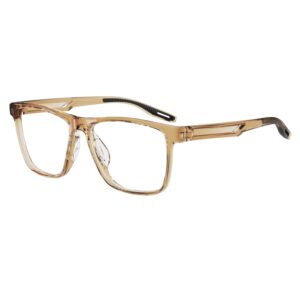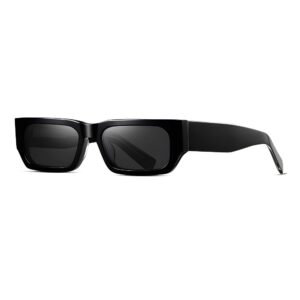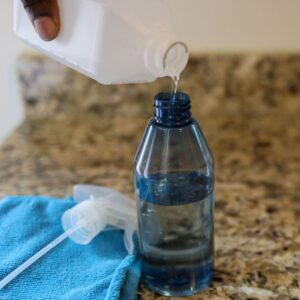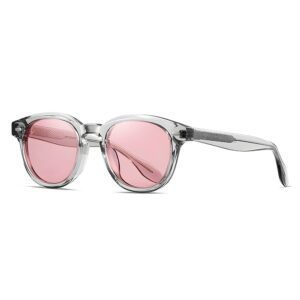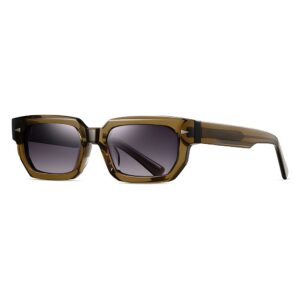
Wielkie rzeczy w biznesie nigdy nie są robione przez jedną osobę. Są robione przez zespół ludzi. Mamy tę dynamiczną grupę ludzi
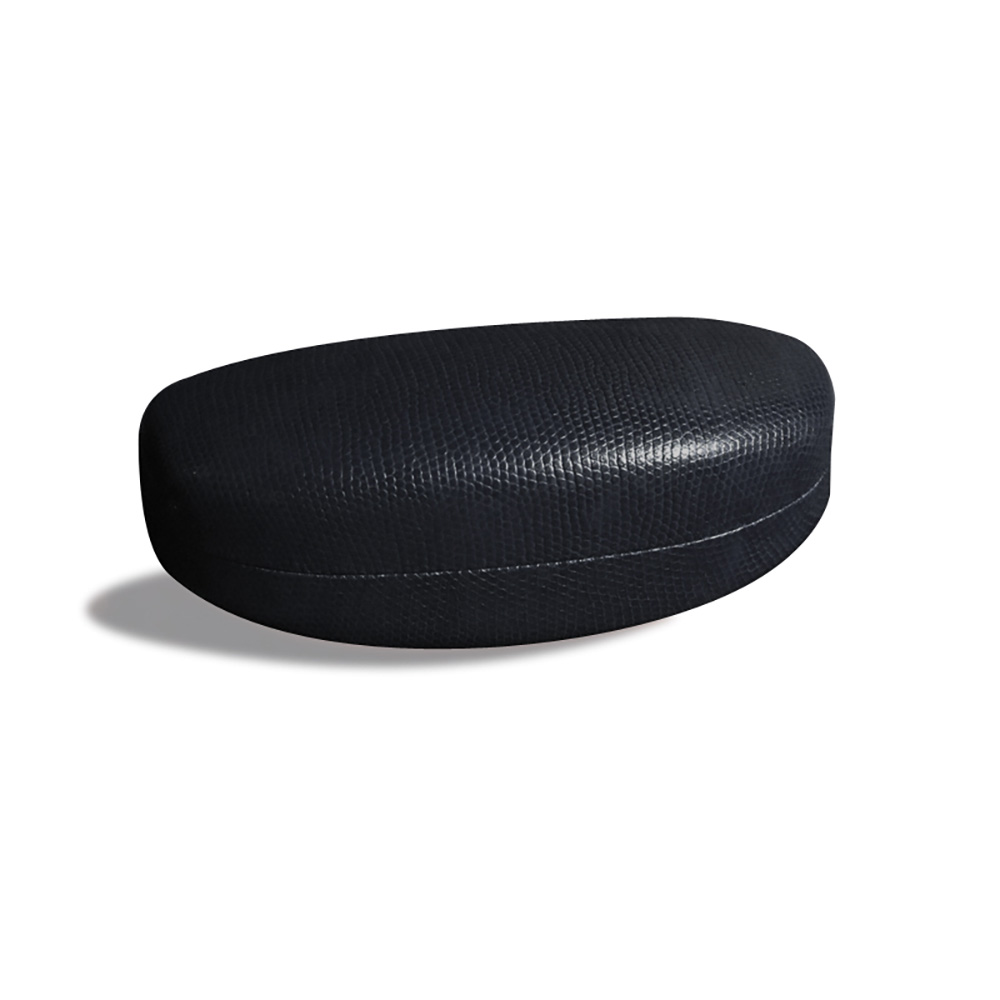
Customized PU Leather Glasses Case Factory
Strona główna WhatsApp E-mail Okulary, Okulary do czytania Niebieskie światło Okulary do czytania Fabryka, Chiny Niebieskie światło Okulary do czytania, Chiny Okulary do czytania
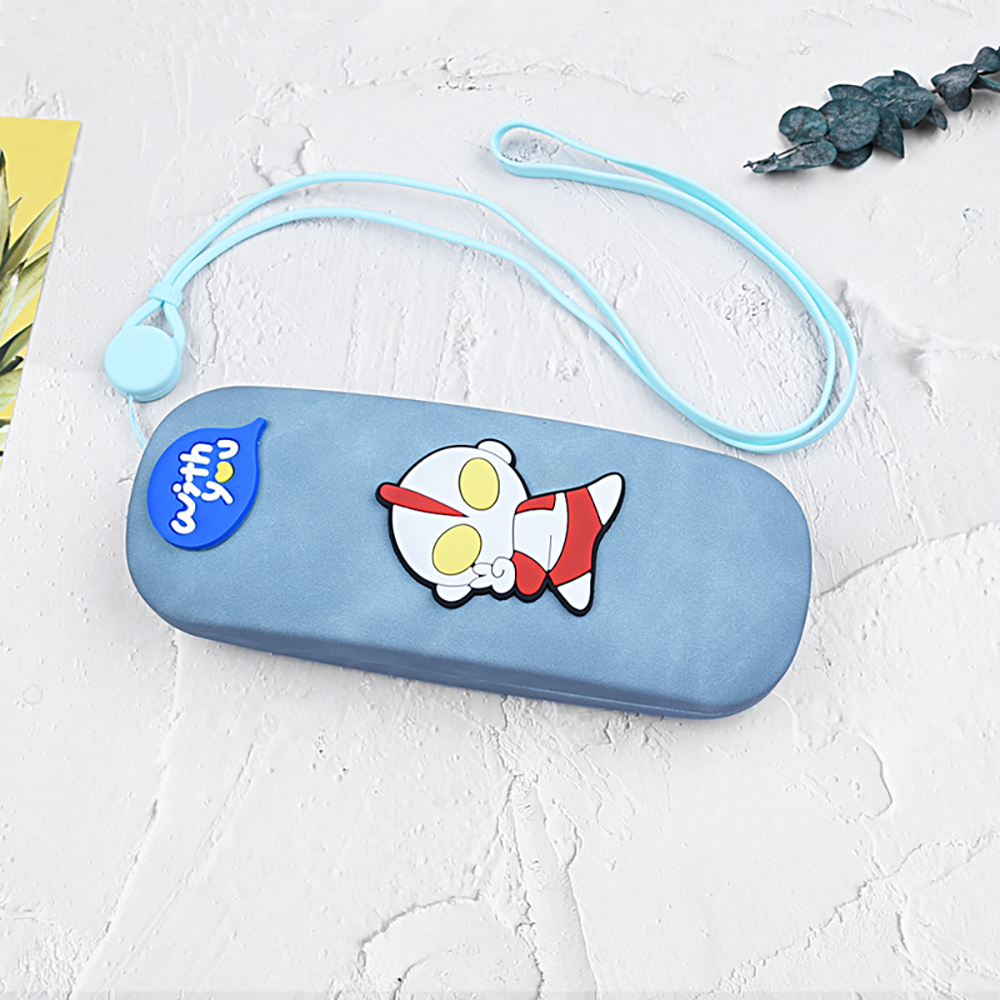
Wholesale Kids Glasses Case with Strap
Home WhatsApp Email Blue Light Glasses, Eyeglasses Customized Unisex Eyeglasses Frames, Unisex Eyeglasses Frames wholesale, Wholesale Eyeglasses Frames The Problem:
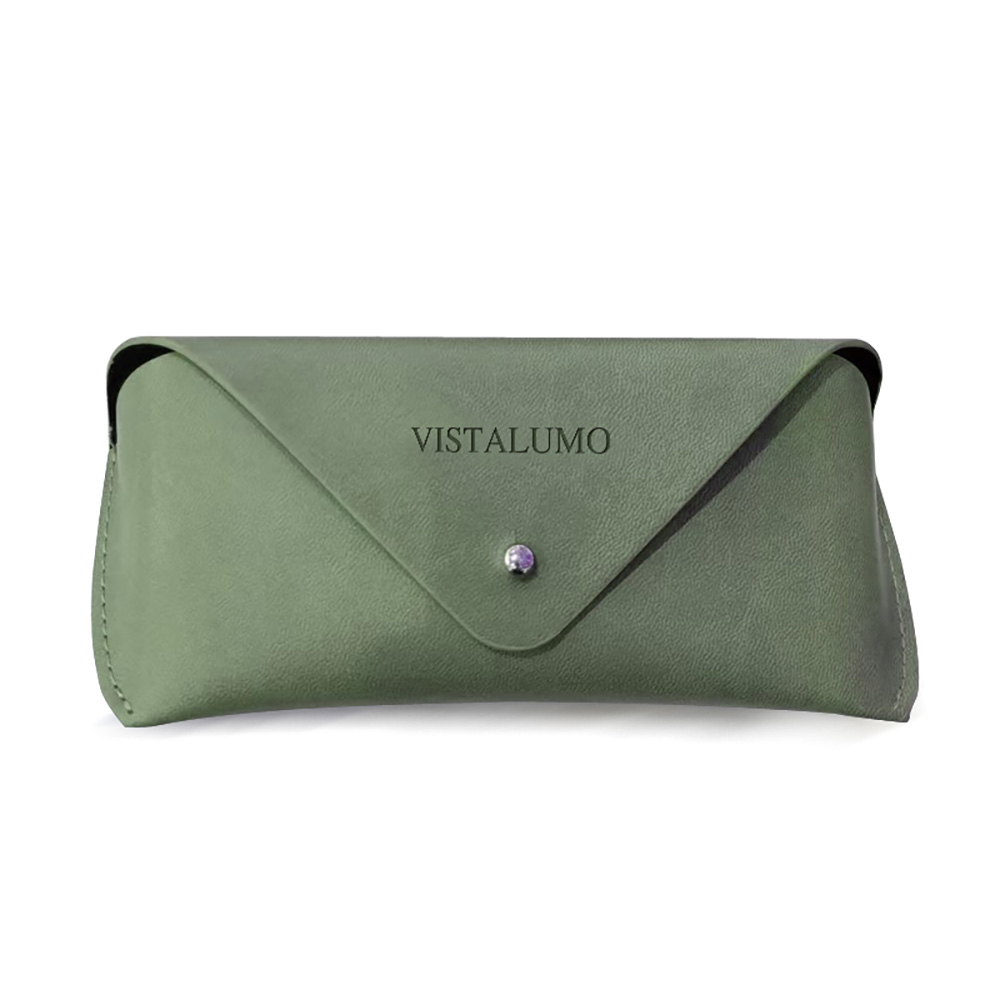
Wholesale Durable Ray Ban Sunglass Case Factory
Strona główna WhatsApp E-mail Okulary z niebieskim światłem, Okulary blokujące niebieskie światło Komputer, Okulary blokujące niebieskie światło do komputera, Niestandardowe okulary blokujące niebieskie światło
